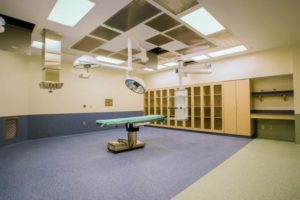Tip #3 for preventing medical device injury: “Who all will be in the operating room?”
 Here is Tip #3 protecting yourself from harm caused by medical devices in operating rooms. (See video below for context on what you’re protecting yourself from.) Today’s tip: find out who all will be in your operating room.
Here is Tip #3 protecting yourself from harm caused by medical devices in operating rooms. (See video below for context on what you’re protecting yourself from.) Today’s tip: find out who all will be in your operating room.
When you ask this question, there are two things you want to listen for: “device rep” and “proctor.” You care about device reps because devices sometimes have steep learning curves. For that reason, device companies will send their reps to participate in the surgeries, giving advice to the surgeons. If that’s the case, you want to know about it: why doesn’t your surgeon feel comfortable enough with the device to use it without the aid of a rep?
The presence of a “proctor” is an even bigger red flag. Surgeons have proctors when they are brand new on a given procedure. The proctor’s job is to supervise the surgeon and then certify to the hospital that the surgeon knows what s/he is doing. Depending on the hospital, the proctor may have authority to scrub in and take over if the surgeon gets into trouble. Regardless, you don’t want that surgeon. Let someone else be the guinea pig.
These conversations are uncomfortable, but I’ve met several men and women who wish they’d had them.
Stay tuned for Tip #4, and click here for Tip #1 and Tip #2. And if you missed our video on the Five Things patients ought to know about medical devices, here it is:
